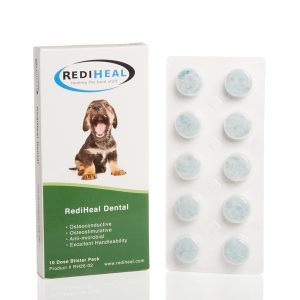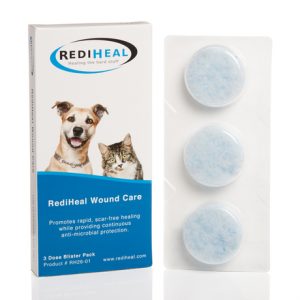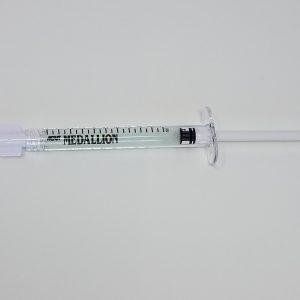 [convertkit_form form=”4982598″]
[convertkit_form form=”4982598″]
It’s that time of year when you might start hearing from your vet about Pet Dental Health Month, which is in February. But is having your pet’s mouth professionally evaluated and cleaned really necessary?
I know what you’re hoping I’m going to say – that you could sit this preventative care out – but sorry – the answer is a resounding YES! You absolutely need to have your pet’s teeth checked at their annual visit, and quite possibly cleaned each year as well. Much like in humans, periodontal disease in your pet comes from a buildup of plaque and tartar in the mouth. Periodontal disease can start early (as young as in 3 and 4-year-old pets), and is often silent, with no outward signs. While you are probably brushing twice a day, and maybe flossing, you likely aren’t maintaining consistent dental care for your pets (I’m not judging – I need to work on this also!) The resultant periodontal disease can result in a number of issues, including a loss of teeth. Only cleaning below the gum line can truly slow the process down, and this can only be done while your pet is under anesthesia. Under the circumstances, then, what are vital reasons to get your pet’s teeth cleaned?
Reason 1: Bad Breath
Sure, bad breath is…bad. As in, it can be really, really bad. But that sour smell is more than just a turnoff when your pet wants to give you kisses – it can also be a sign that their periodontal disease is progressing. A diseased tooth can often be smelled from across a room! If a pet’s bad breath is something you’re dealing with, it’s time to have a veterinarian peek in your pet’s mouth to assess what the issue may be.
Reason 2: Pain
None of us want our beloved fur baby to be in pain, but the truth is a loose tooth, abscesses of the gums or mouth, and sore or inflamed gums can be truly painful for your pet. (If you’ve ever had a toothache or canker sore, you understand where I’m coming from.) Pets are notoriously good at hiding their pain, so you may not be able to tell in the earliest stages. Since the disease is slowly progressive, your pet may acclimate to the pain, and do their best to continue as normal. You may notice your pet becomes “head shy”, no longer wanting you to touch their face. Maybe they are suddenly favoring soft food when they always loved the crunchy bits before. These can be signs it’s time for a cleaning.
Reason 3: Overall Longer Life
Perhaps you’ve heard that there is a potential connection between good dental health and the overall health of your pet. That’s because bacteria from under a gum line can work their way into the bloodstream, affecting organs like the heart, liver, and kidneys. It’s far better to deal with the short-term expense of a dental cleaning, rather than a more costly treatment for other organs letter – or losing time with your precious pet.
What happens during a cleaning?
When you choose to get your pet’s teeth cleaned, your veterinarian will be looking for signs of decay, loose teeth, and advanced periodontal disease. Built-up plaque and tartar will also be removed. In some cases, they may decide one or more teeth need to be extracted. Removing teeth is a relatively common procedure, but not necessarily simple. Complicated, deep or multi-tooth extractions may be needed to return your pet to good health. One option for making these challenging dental extractions easier is our RediHeal Dental Care product, which is packed into an empty extraction site to help the extraction site heal more quickly. It can also fight possible infections right at the site. It’s a little bit of added insurance for your baby that has them on their paws faster, and with fewer potential complications.
As we said – you brush twice a day and (ahem – possibly) see your dentist regularly. Your pets need regular cleanings, dental treats, and checkups too! While every dog is different, smaller breeds may need more frequent cleanings – as often as every year. Larger breeds tend to require fewer cleanings, but should still be professionally examined annually to check for potential signs of gum disease and loose or broken teeth. Make sure you don’t ignore possible problems! And, as always – if you have questions, check in with your vet – whether it’s Pet Dental Health Month or any other time of year.






Recent Comments